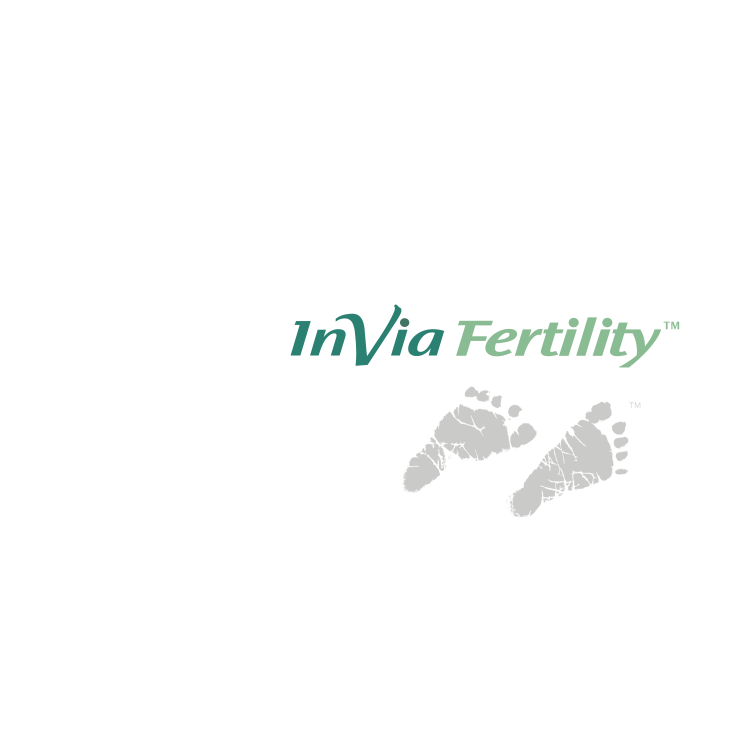
Have you ever seen the show called “I didn’t know I was pregnant”? Although some stories are a bit far fetched, it always makes me wonder: How did those girls get so lucky?
I found out that I was pregnant at 5.5 weeks when we ordered Mexican food for lunch at the office. The salsa was so fresh that the onions sent me to the bathroom praying to the porcelain goddess for half an hour or so. By the end of this ordeal, most people at the office knew and it was not possible to wait until 12 weeks to disclose my wonderful news.
Although it is very exciting to find out you are growing a new life, the symptoms associated with early pregnancy are less than pleasant. While there are many different varieties of ailments, some of the most common are nausea, fatigue, heart burn, constipation, dizziness, mood swings and congestion.
The first and the one I can relate to the most is misleading in its name – Morning sickness. In reality it should be called “all day sickness”. Sometimes it starts when you first get up in the morning, sometimes it gets progressively worse through the day. It could be the same every day or it could vary in symptoms and intensity. Having a sense of smell like that of a blood hound usually doesn’t help make the symptoms easier. Although the cause of queasiness is not clear, pregnancy hormones that relax the stomach may be involved. Some women continue experiencing these symptoms in the second trimester but most will start feeling better around 14 weeks.
When you sit on your bed in the morning for ten minutes or so and have to talk yourself into getting up to start moving, you are probably experiencing fatigue. You are not alone, almost all women report increased fatigue in the first trimester. After all, your body is working on building a human being, it takes effort!
More than half of pregnant women experience a burning sensation which is caused by acid backing up from the stomach into the esophagus. Heartburn is usually experienced later in the pregnancy but some women report having the symptoms from the beginning. Pregnancy hormones that slow down your digestion may be to blame for this discomfort.
Constipation affects at least half of all pregnant women. Increased progesterone production along with your colon absorbing more water makes this process uncomfortable. Although this can be a problem at any point in pregnancy, it may get better after 14 weeks.
Some women may experience dizziness or even faint (not really as common as it seems) during early pregnancy. The reason for this is that during a pregnancy, your blood vessels begin to dilate in the first trimester, but you don’t have enough blood to fill all the space until much later. This results in lower blood pressure and can cause lightheadedness. Generally, these symptoms are more noticeable during the first trimester and should get better after week 14.
Mood swings. Enough said. If one moment you are crying because you simply cannot live without a square Japanese watermelon and the other you are throwing plates at the wall – you are not alone! Hormonal change and uncertainty in the future are named to be a few reasons for this symptom. Although very difficult to admit to yourself, doing so may actually make you feel better.
Last but not least, congestion is a very common symptom as well. If you find yourself suddenly allergic to your hypoallergenic pet or pillows, rest assured – it is probably temporary. While some women only experience slight congestion, others report having nosebleeds and snoring, even though they have never had those symptoms before. About 25% of pregnant women report having these symptoms. As you get more blood flow into your mucous membranes, the lining of your nose will swell and restrict airflow, which will be the cause for the above mentioned symptoms.
Although there can be many more unpleasantries associated with early pregnancy, such as vaginal discharge, infections, headaches, UTIs, etc, these are the most common. It is important to understand that all these symptoms are a part of early pregnancy and will probably ease and dissipate after the first trimester. And when they do, you will start feeling your baby move, which is a feeling unlike any other. And after approximately 40 weeks, there will be a tiny little person with a pink or a blue hat in your arms that will make you forget everything that happened to you up to this point. Trust me, it is worth it.

Entire Website © 2003 - 2020
Karande and Associates d/b/a InVia
Fertility Specialists
